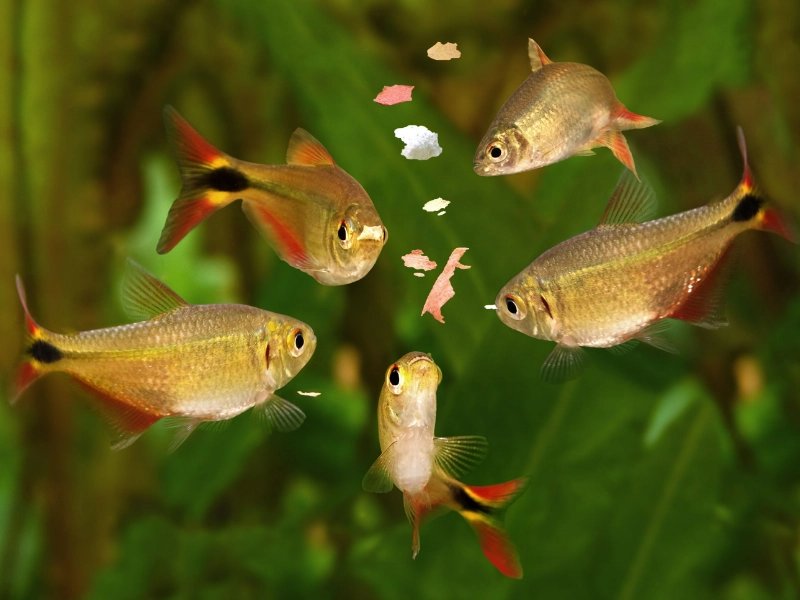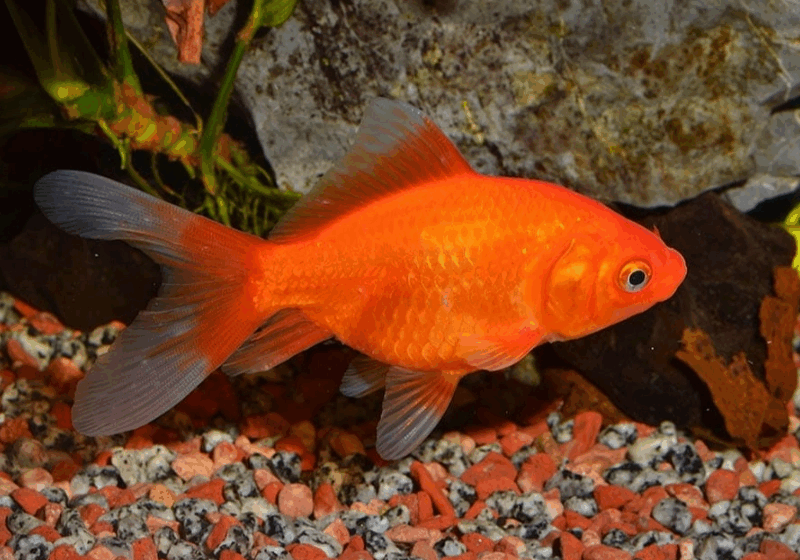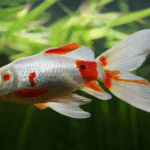Although it’s not advised, goldfish may go without food for a short duration. Goldfish may develop fecal accumulation and systemic toxicity if kept for extended periods of time. It’s crucial to establish a feeding routine or get assistance from a friend or pet sitter to prevent this. Investing in an automatic feeder that distributes a predetermined quantity of food at predetermined intervals is another option.
Can goldfish survive without food for how long?
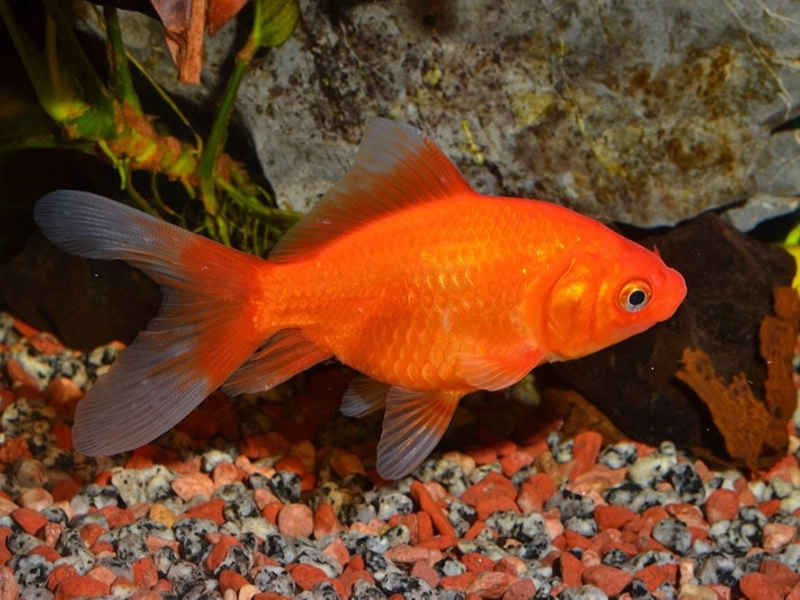
Goldfish, like any fish, require regular feeding. Older goldfish should only be fed every other day, whereas younger fish should be fed every day. To ensure your fish are fed and the tank is cleaned while you are away, it is preferable to engage a pet sitter if you will be gone for more than a few days. This may get pricey, and there’s no assurance the sitter won’t overfeed your goldfish. The sitter can also fail to adequately clean the tank. This may result in unfavourable water conditions, which may lead to illness in your goldfish. Due to their omnivorous nature, goldfish require a balanced diet that includes both plant and animal matter. Generally speaking, fish flakes or pellets are the greatest kind of food for goldfish. The majority of pet retailers sell these. Although pellets can cost more than flakes, they are a better option for your goldfish’s health. You should only feed your goldfish as much as it can eat in two minutes at a time during each feeding session. This will help you keep your goldfish at a healthy weight and stop overfeeding. A buildup of ammonia, nitrites, and nitrates caused by leftover food in the aquarium will contaminate the water and endanger your goldfish.
How not to give your goldfish too much food?
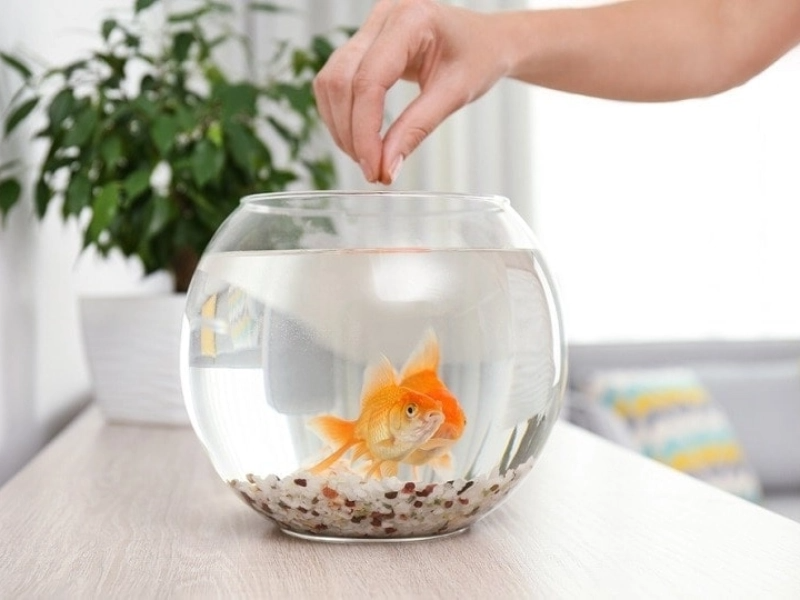
There are a few things you can do to ensure your goldfish doesn’t overeat while you’re away on vacation. First of all, don’t offer them anything like bread or flakes that can absorb water. These may cause the fish to swell and become dyspeptic. As an alternative, give them meals high in protein, such as daphnia or blood worms. When feeding your goldfish, you should keep an eye on them as well. It may be an indication of hunger if they are swimming in parts of the tank where they shouldn’t be. They are also indicating that they are hungry if they are digging in the substrate. It’s crucial to avoid overfeeding your goldfish because excessive eating might make them sick. Overeating can cause waste to accumulate in the swim bladder, which can result in swim bladder disease. Furthermore, too much food can spoil and contaminate the water, becoming it poisonous. You should only give your goldfish a tiny bit of food once a day to prevent this. They will be able to effectively digest it and avoid waste as a result. Using an automatic fish feeder that you can program to distribute the precise amount of food you desire is also a smart option.
Food ideas for goldfish
